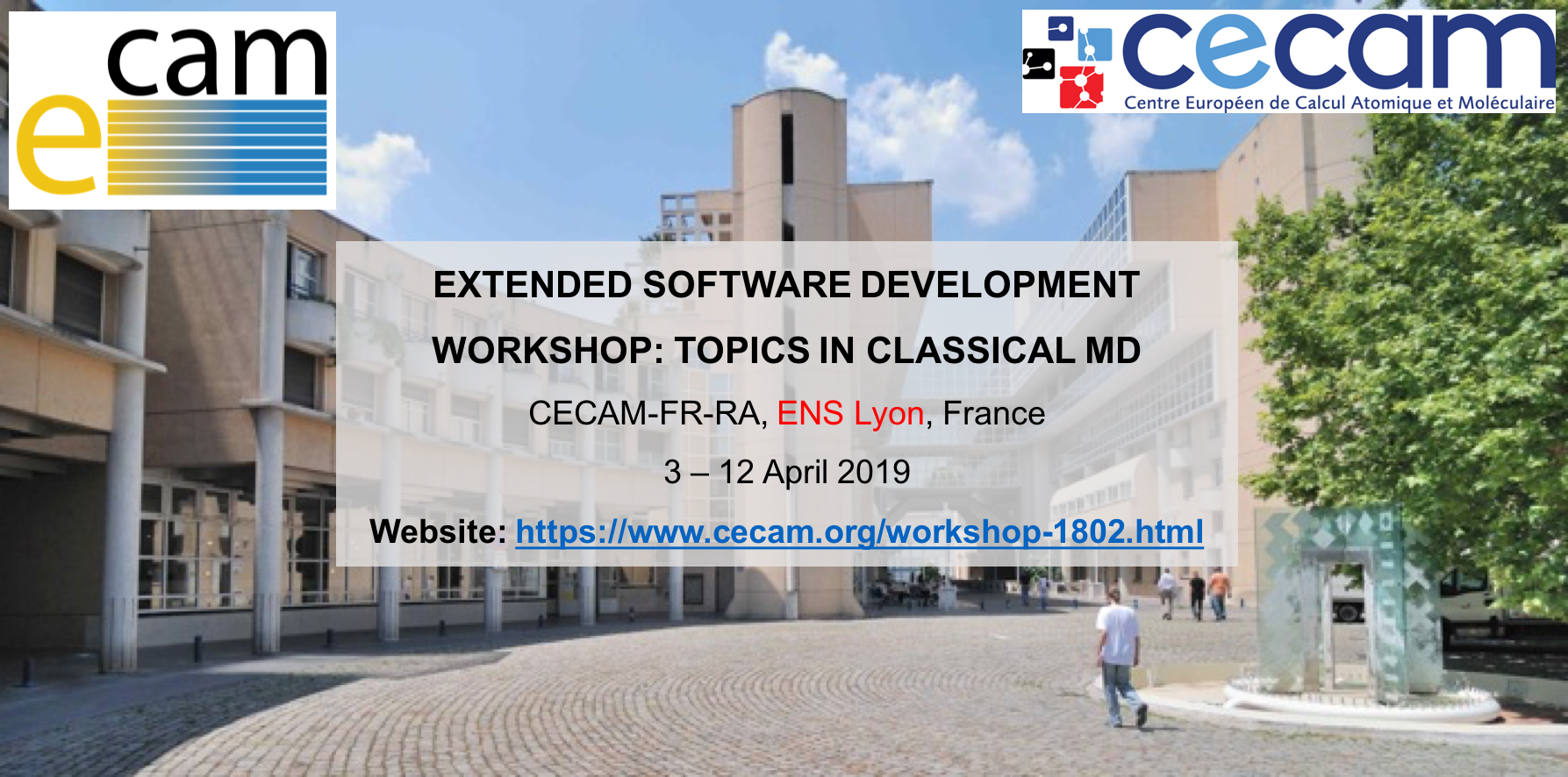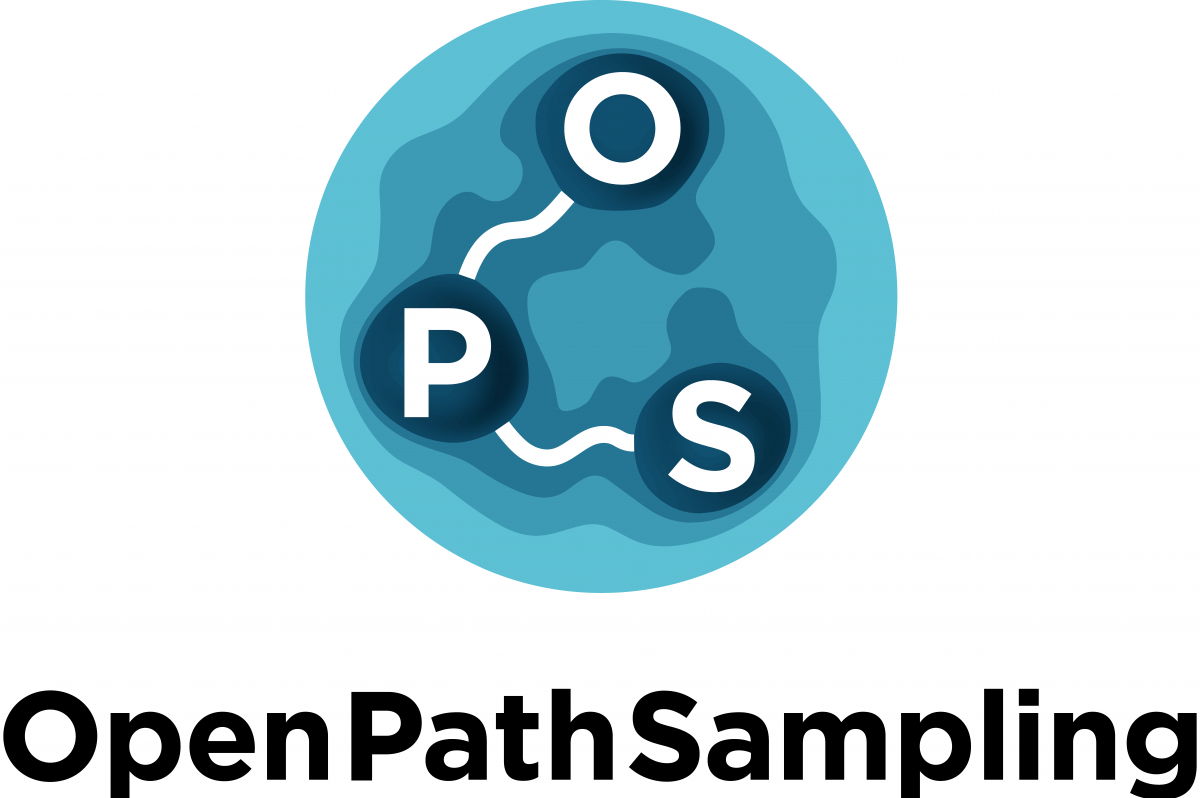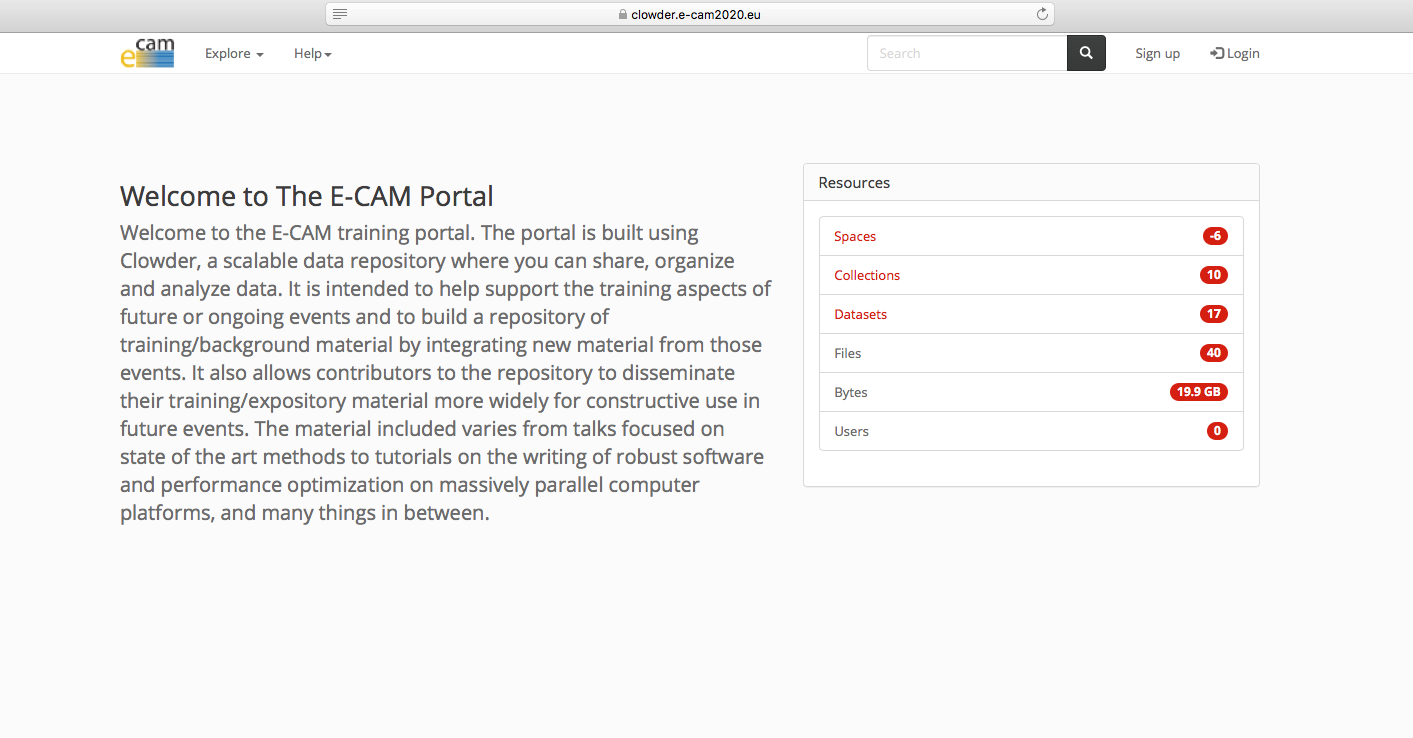Topics in Classical MD – Extended Software Development Workshop

E-CAM is organising an Extended Software Development Workshop in Topics in Classical MD from 3 to 12 April 2019, which is a major coding initiative that will combine lectures; coding sessions and hands-on training.
Topics at this workshop will include using and extending modern MD software in the domains of:
- advanced path sampling methods (and the software package OpenPathSampling)
- metadynamics and the calculation of collective variables (and the software package PLUMED)
- machine learning for molecular dynamics simulatons (including local structure recognition and representation of potential energy surfaces).
In addition, this workshop will feature an emphasis on performance testing and benchmarking software, with particular focus on high performance computing.
This is a great opportunity to bring your software development project in all specialist domains of Classical MD and spend two weeks in the beautiful city of Lyon with other peers and with experienced coders. More information and apply through the CECAM website at: https://www.cecam.org/workshop-1802.html.


 Check out our program of events for this year, running from April 2019 to February 2020:
Check out our program of events for this year, running from April 2019 to February 2020:

 monomers onto a soft blob. The CG system is then characterized by a much lower molecular weight and thus is equilibrated quickly. The present module provides a python script which performs this coarse-graining procedure. The implementation details can be seen in the module’s documentation on our software Library
monomers onto a soft blob. The CG system is then characterized by a much lower molecular weight and thus is equilibrated quickly. The present module provides a python script which performs this coarse-graining procedure. The implementation details can be seen in the module’s documentation on our software Library